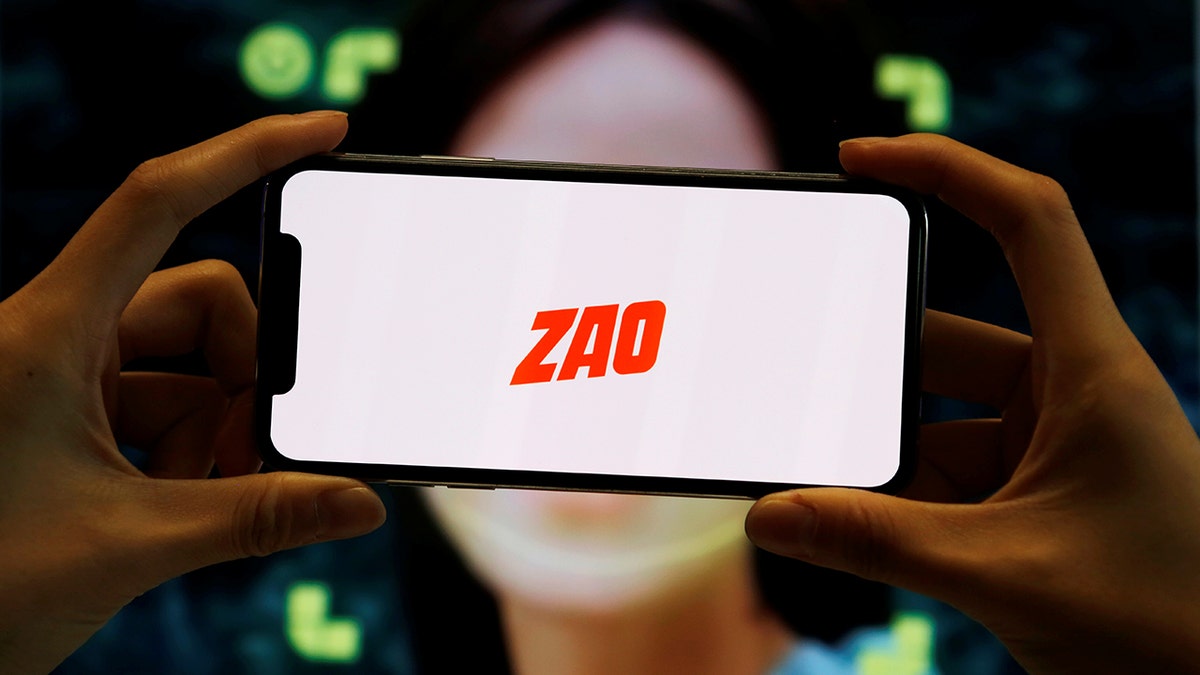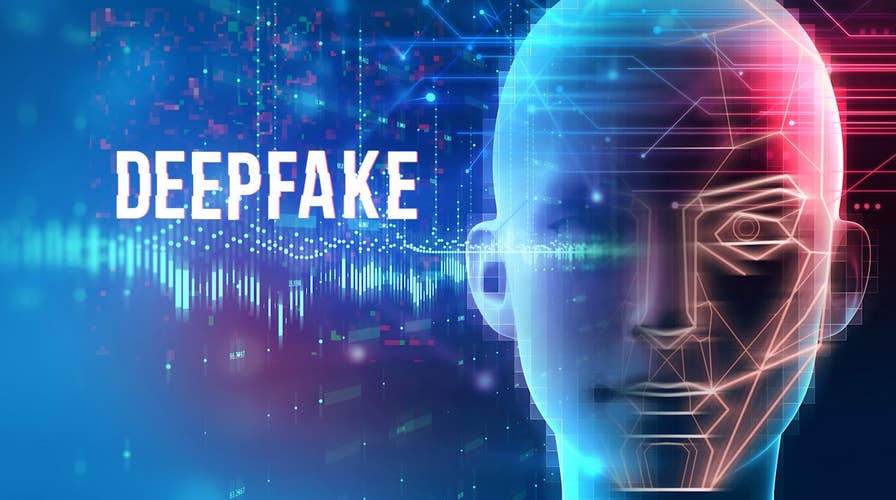What are ‘DeepFake’ videos?
What are ‘DeepFake’ videos? AI advancement has lead us to the point of technology that can mimic someone’s voice and face through image mapping that can duplicate someone else’s likeness. But how accurate is this technology and should we be worried?
Zao, a Chinese app that uses "deepfake" technology to let users superimpose themselves onto the faces of movie and TV stars, has sparked a privacy backlash amid concerns about identity theft.
Deepfakes are created using artificial intelligence and facial mapping technology to yield false, but realistic clips. Celebrities and public figures, such as Facebook CEO Mark Zuckerberg, have been “featured” in deepfake videos.
The Wall Street Journal reports that Zao, launched in China on Friday, is fueling major concerns in the country about the privacy of users’ personal data. Users discovered that the app required them to sign away “irrevocable, permanent, transferable” rights to their content, according to the report. Zao requires users to provide a series of selfies involving different facial movements and expressions, according to the Guardian.
CREEPY DEEPFAKE AI LETS YOU PUT WORDS INTO SOMEONE ELSE'S MOUTH
The app, which is available via Apple’s mainland China App Store, quickly went viral. Users have posted a slew of videos on social media showing how Zao swiftly superimposed their faces onto footage of celebrities such as Leonardo DiCaprio.
Zao is developed by Changsha Shenduronghe Network Technology. Citing company registration data, The Journal reports that the firm is owned by two executives from the Chinese dating app, Momo.
China’s Ministry of Industry and Information Technology has reportedly announced an inquiry into Zao’s user agreement and any related data safety. The app is also required to fix any of its policies in violation of laws and regulations, according to The Journal.
NEW DEEPFAKE TECHNOLOGY MAKES RASPUTIN SING BEYONCE'S 'HALO'
On Tuesday, Zao posted a statement on Chinese social media giant Weibo, apologizing for the furor the app has created. The app does not store personal facial biometric feature information, it said, in the statement, which was translated from Chinese. "We attach great importance to personal information protection and data security," Zao added. "We also take a variety of security measures such as encrypted storage in our products, strictly comply with the requirements of laws and regulations, and fully protect personal information and data security."

The logo of the Chinese app ZAO, which allows users to swap their faces with celebrities and anyone else, is seen on a mobile phone screen in front of an advertisement of the app, in this illustration picture taken September 2, 2019. (REUTERS/Florence Lo/Illustration)
“At this moment our main priority is the privacy agreement! We do respect your private data and looking for the best solution to fit every user!,” Zao tweeted Tuesday.
On Monday, Zao tweeted that its programmers are translating that app into English, adding that a global version will be launched soon.
The uproar over Zao has once again shone a spotlight on the issue of deepfakes and the impact of doctored videos.
Earlier this year, a crudely altered video of House Speaker Nancy Pelosi sparked outrage after it was widely circulated on Facebook. The social network faced a backlash over its response to the video of Pelosi, which experts say was slowed down to make Pelosi appear drunk or senile.
NEW TOOL DETECTS DEEPFAKES WITH 96 PERCENT ACCURACY, RESEARCHERS SAY
Facebook chief Mark Zuckerberg subsequently admitted that the social network made an “execution mistake” in its handling of a doctored video.
CLICK HERE TO GET THE FOX NEWS APP
In the aftermath of the video, U.S. lawmakers also voiced their concern that deepfake technology could impact the American public’s assessment of candidates in the run-up to the 2020 election.
Fox News’ Danielle Wallace, Christopher Carbone and The Associated Press contributed to this article. Follow James Rogers on Twitter @jamesjrogers









































